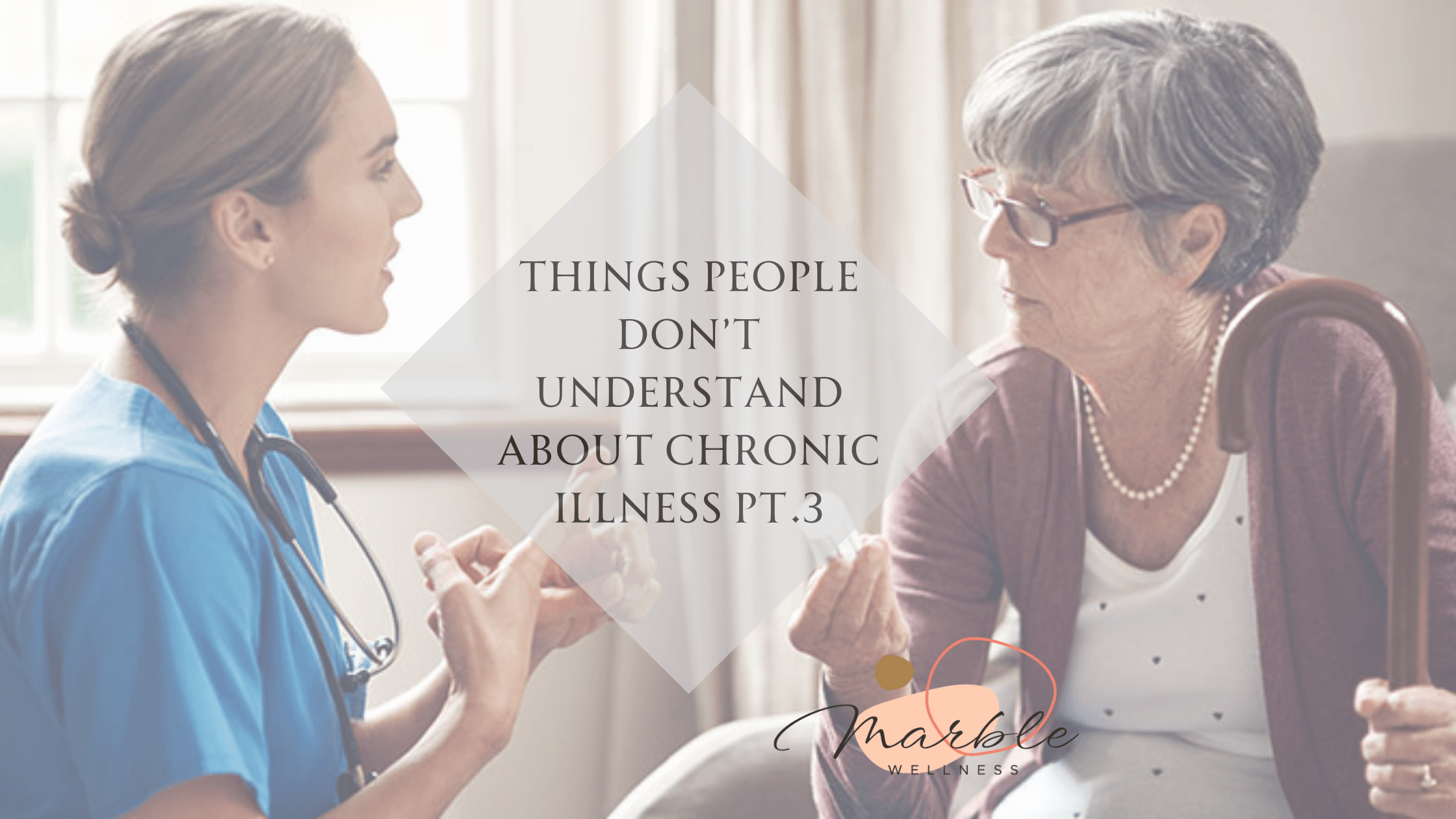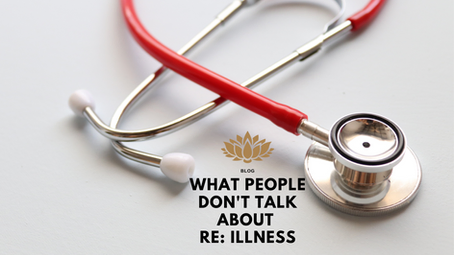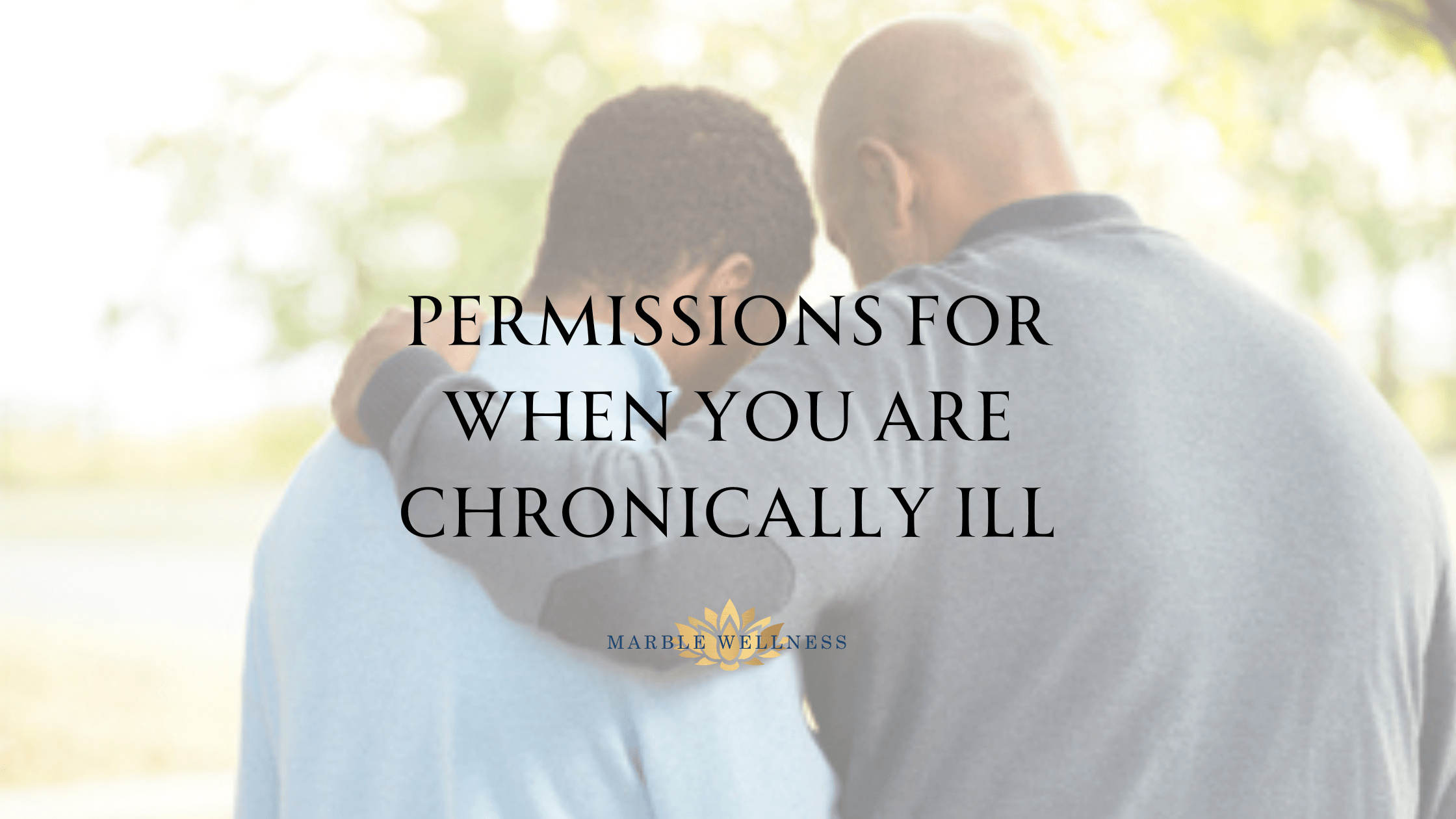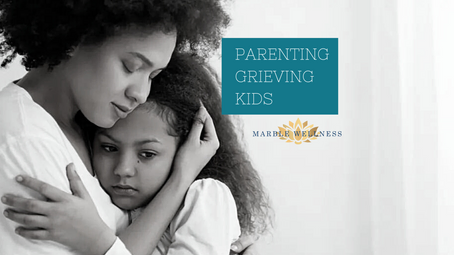We’ve been at this for a minute now – naming the not talked about and misunderstood parts of having a chronic illness in an effort to tame them. From the fear of being labeled as the “problem patient” to not wanting people to see us as ill, we’ve tried to offer up a dose of “I see you” in a really complex reality where it feels like you’re invisible or left behind.
We are always learning from our clients, and want to acknowledge more real conversations we’ve been having in the therapy space that many people simply don’t get.
Here are 8 more things people don’t understand or talk about chronic illness.
1. The lack of spontaneity.
Being chronically ill is a full-time job. It can feel nearly impossible to say “yes” to many last-minute invitations, big and small. From reviewing menus to planning out needed supplies, it can be hard for the scales to tip the to-do list into “I want to make this happen” territory.
Tip: If you are the person who is ill, consider the things you’ll sacrifice for – a meetup with a friend you haven’t seen in a while, an invitation to a rare event, or once-a-season spectacles. Give yourself permission to say no to things that are no longer “worth it” and (important) grieve the way that life is different. If you’re supporting someone who is ill, ask your person how they’d like to be included in invitations. Invite with as much notice as possible and offer authentic grace when RSVPs must change.
2. “Hoping” for bad results.
We know that you don’t actually want a really terrible diagnosis, but sometimes … “unlocking” a treatment or procedure due to test results or advancement of a chronic illness can feel like a new hope after many “I don’t knows” or taking a wait-and-see approach. You’re not morbid, a bad person, or wrong for wanting to take action and having a plan.
3. Learning to mistrust medicine.
Your relationship with healthcare is complicated at best. You *want* to trust your providers, but after long wait times and short appointments, medical gaslighting, and experiencing the “less common side effects” on the side of your prescription packaging, you’re kind of feeling done with the whole thing. You are allowed to be disappointed in the quality of your care or the lack of available options in providers and treatment.
4. The rollercoaster of hope.
This one is brought up A LOT, and we don’t think there’s a more perfect analogy than hope being a roller coaster. It seems like on any given day, there are a million things that can make the ride car go off the rails – insurance denials, allergic reactions, procedure complications, etc.
After a while, it’s easy to be a cynic – “Is this actually going to work? Will I ever feel better?” Slowly, it takes more and more courage and energy to say yes to an experimental this or off-label use of that. Your family begins to question if you want to get better, not understanding the oomph it takes to do the darn thing.
This process is normal and more than okay. You – the most important member of your medical team – have permission to slow things down, honoring your courage to say yes and the courage to say no.
Tip: Consider how you define hope. Is it a cure? Resuming full participation in the life you once led? If this feels like too much, reflect on what it would be like to simply have hope in the process instead of the outcome – that you will continue to show up for yourself, that your family will stand by your side, and that you will make the most of each day.
5. Not having an “average” day.
When your symptoms vary based on your schedule, the foods you have consumed, the amount you’ve moved that day, the position of the moon, if mercury is in retrograde (okay, we kid, we kid … but the randomness of it all can make it feel that way), it can be impossible to describe an average day.
Some clients with chronic illness have learned to think of it like this: while not every day is your worst day, the thought you put into making it not your worst day (awareness of how you open a door to not dislocate joints, your attention to detail in ingredient lists, thoughtfulness in scheduling) make it a day that many people don’t experience and certainly don’t get.
6. Your appearance not being an indicator of how you feel.
Comments regarding appearance are such a double-edged sword in general, aren’t they? And when you’re sick, wow – they’re not always welcomed. Not sure who needs to hear this, but appearance is NOT an accurate indicator of wellness. And comments in either direction of appearance should NOT be made.
7. The dance of appreciating acknowledgment of your reality.
This goes hand-in-hand with the comments you receive about your appearance when you are ill. You want people to notice that things are *different* for you – you want people to know that something has impacted you physically, socially, spiritually; that life has changed in an unimaginable way; that didn’t purposefully fall off the face of the earth. And yet, your thoughts trail … “Does every conversation have to be about being sick? Can I be more than my diagnosis? Does my appearance tell a story for me?”
8. The intimacy of requesting accommodations.
You don’t want to, but you’re recognizing the growing need for mobility aids, adherence to a certain diet, or assistance at the airport. You feel like all eyes are on you. People don’t understand that your needs change day-to-day and you start to wonder if they believe you. Requesting accommodations and new types of support is yet another aspect of this illness to grieve.
Tip: Remember that requesting accommodations is not a black-or-white, all-or-nothing process. Just as your symptoms vary from day to day, so can your supports. Practice your requests at home and remember that you don’t owe every detail of your story to the person to whom you are requesting aid.
Start Therapy for Chronic Illness Today!
Are you feeling limited or judged in your conversations with friends and family who don’t get the ins and outs of being ill? Our therapists specialize in working with patients and their families who experience long-term illness. Call or email us today – we’d love to get you started as soon as you are ready!
About the Author
Nicole Rhodes is a seasoned LCSW, who completed her Master’s Degree at SLU. As a therapist at Marble Wellness, she has particularly honed her skills in working with those dealing with grief and chronic illness. She has a number of years of experience in both, as well as extensive trainings, including a training with the Beck Institute to learn how to best treat chronic illness in the therapy room. She looks forward to working with you!
Start Therapy for Mental Health in St. Louis
If you live in St. Louis and are ready to improve your mental health, we are here to help.
Contact Us!
Additional Counseling Services at Marble Wellness in St. Louis, MO and Chicago, IL
Counseling services are designed to help set you on a path of living a more fulfilled, calm, and happy life.
St. Louis
Our St. Louis team of therapists has a variety of training backgrounds and areas of expertise. We specialize in anxiety, depression, grief, chronic illness, therapy for men, couples, and maternal overwhelm. Our practice also helps new moms with various postpartum concerns, moms in the thick of parenting, and moms with teens. We can also chat from wherever you are in the state with online therapy in Missouri and online therapy in Illinois. No matter where you are in your journey, we would love to support you.
Chicago
Our Chicago team of therapists offers a wide range of mental health services to help our clients through the different challenges and hurdles in their lives. In addition to anxiety, depression, grief, therapy for men, and maternal overwhelm, we specialize in professional burnout, therapy for breakups, and love partnering with working moms.




